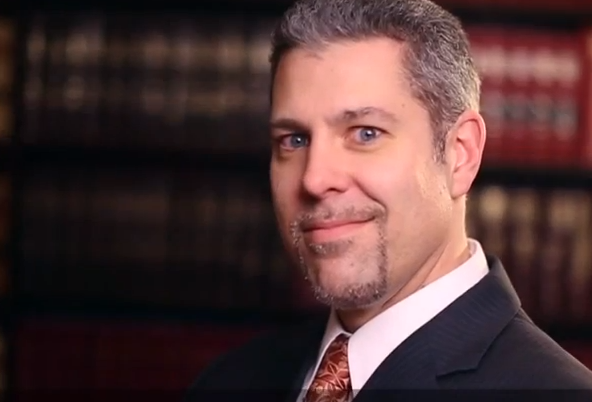Everyone knows that drugs are bad and using them can have dire consequences, including jail time, fines, loss of employment and personal repercussions. But drug use is highly subjective because of the changing nature of drugs on the market and their varying levels of danger and risk.
Also, even though most drugs are regulated by federal laws and mandates, all states regulate and control drug use differently. That being the case, what may be acceptable drug use in one state could potentially land you in jail if you cross state lines.
In New Jersey, standard illegal drugs like marijuana, cocaine, and heroin are classified according to the controlled dangerous substances schedule; however, the state also classifies the compounds and substances that are used to make these drugs. This method extends the penalties for possession, sale, and use of any of these substances.
How are the Drugs Classified?
Controlled dangerous substances, also known as CDSs, are divided into five schedules under state law. The drugs are ranked in order from most dangerous — having a high probability of abuse, addiction and risk, and minimal or no medical value — to the least, with more widely-recognized medical uses and lower potentials for abuse and addiction. The highest, most dangerous drugs are classified in Schedule I and the lowest are in Schedule V.
N.J.S.A. 24:21-5, -6, -7, -8, and -8.1 detail which drugs fall under what schedule. Some commonly recognized substances include:
• Schedule I – marijuana, heroin, mushrooms
• Schedule II – cocaine, methadone, oxycodone
• Schedule III – morphine, anabolic steroids, Adderall
• Schedule IV – Lorazepam and sleeping pills like Xanax
• Schedule V – Most Schedule IV drugs are included in Schedule V, just in lower doses and controlled quantities.
No matter what drug you are caught with, you could be facing serious penalties. New Jersey law makes it illegal for anyone to possess a drug (without a prescription) that has been categorized in one of the five schedules.
So even if you took a couple of your grandmother’s Ambien prescription pills to get some sleep, you would be in violation of the state’s drug laws. Seemingly harmless substances are heavily regulated and, without a prescription, you are at risk for criminal charges, as well as their associated penalties.
Drug Crimes Aren’t Always Obvious
From programs like DARE and from after-school specials and other TV shows, we all know that “cooking up” heroin or meth in our kitchens is against the law. But drug crimes aren’t always that obvious, especially in today’s age where drugs are more readily accessible with or without a prescription.
Students trade and sell Adderall and ADD medication all the time; young adults share Vicodin and pain pills, sometimes for profit — and all of these things constitute criminal behavior including not just possession but also distribution of drugs. It may not seem like this should be on the same level as selling heroin on the streets; but in the eyes of the law, it’s all the same and could carry the same penalties.
At The Gorman Law Firm, we represent anyone who has been charged with a drug crime, from selling pain medication to smoking marijuana. For more information regarding state laws and Schedule classifications, contact an Essex County drug lawyer at The Gorman Law Firm today.
Published in Categories: Drug Posession


